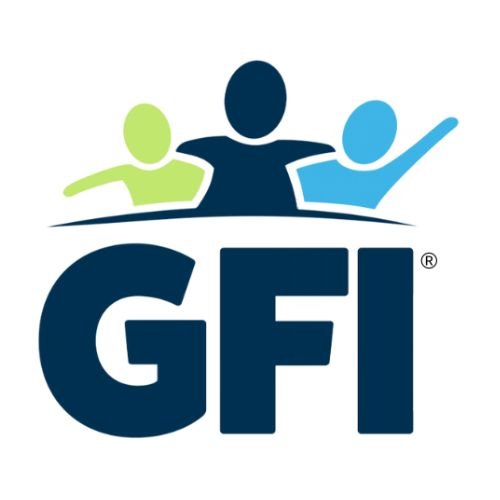The Case for Explaining Your Autistic Child's Neurology
By Chelsea Budde, Program Director of Good Friend, Inc.
When my son was 5 years old, he said to me from the backseat as we drove away from his early childhood program, “It’s hard to be different." I remember being pierced through by his words, knowing that he had been diagnosed with autism in the previous year, and simultaneously understanding that his ability to comprehend what that meant was different than mine.
I did my best to explain his differently-wired brain to him then, and continued to do so for the rest of his childhood. Even now, his understanding of his neurology is evolving, and he is 24.
Having spoken with many parents of autistic children over the years, I am struck by how intimidating this conversation is for neurotypical parents. It seems to me that neurodivergent parents have a much easier time explaining their child’s autism to them because of their own lived experiences. And yet the longer and closer we parents hold these understandings about our children’s neurological development, the more likely we are to contribute to our neurodivergent children’s feelings of incompetence amongst their neuromajority peers.
It’s always nice when you can introduce the topic on your own terms. My son’s moment of vulnerability as a preschooler opened the door. More recently, the parent of a 10-year-old on the spectrum was surprised by a book she was reading with her son.
Diary of an Awesome Friendly Kid (2019) is a spinoff from Jeff Kinney's Diary of a Wimpy Kid series. This series of journals is told from the perspective of Greg Heffley's friend Rowley Jefferson. If you’re familiar with Rowley’s character, you might have observed that he appears to be developmentally behind some of his peers, and is often pressured by his "best friend" Greg, who is repeatedly unkind. For the most part, Rowley is kind and cares about the feelings of others. Yet in this first book from Rowley, an entry in the journal titled “The Time I Saved Greg from Tevin Larkin’s Birthday Party” had this parent wondering if her son was noticing about how Rowley was interpreting Tevin’s behavior.
While Rowley explained he and Greg didn’t want to go to the birthday party “because Tevin is hyper”, both of their moms said they “HAD to”. What sounded to the adult reader aware of neurodiversity like a carefully planned, small event (Rowley and Greg discovered upon arriving that they were the only invited guests) well-suited to Tevin’s neurology devolved into a flat-out disaster for all involved. And Rowley’s unfortunate stumble into a hornet’s nest was the key to an early departure from the “TOTALLY nuts” Tevin’s party.
I can certainly understand this mom’s disgust and concern! What kind of message would this send not only to a neurodivergent child about his/her own likability, but also to a neurotypical reader about the perception of what could be autism-driven behavior? I am shocked that this “journal entry” was allowed to stand on its own in the book as a comical sketch.
As a community helping children to be more aware, accepting, and empathetic, we can do better – and we must. Whether we’re improving our neurodivergent children’s self-awareness and perception or helping neuromajority children realize that different brain wiring impacts the way autistic peers understand and process the world around them, sharing information in an age-appropriate, strengths-based way is critical to healthy social emotional development.
When it comes to helping those neuromajority children ages 5-14 better understand their peers on the spectrum, Good Friend, Inc. has services and curriculum to help. As a matter of fact, this same boy, now 11, who was reading Diary of an Awesome Friendly Kid, disclosed his neurology for the first time to his peers after a Good Friend service at his school. We like to think it’s because we laid that positive platform for self-disclosure, and with no need for drama in his classroom or confusion among his now well-informed peers, he revealed and was accepted for his authentic self.

